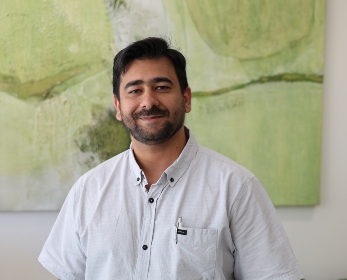Green Solvent-Based Recycling of Lithium From Spent LFP Batteries
The rising global energy demand, driven by industrial expansion and population growth, has intensified climate change and accelerated the depletion of fossil fuel resources. This has necessitated a transition toward renewable energy sources, with lithium-ion batteries (LIBs) playing a crucial role due to their high energy density and long cycle life. However, the sustainability of LIBs is challenged by the limited availability of critical minerals and the environmental impact of conventional recycling methods. Pyrometallurgical techniques are highly energy-intensive, while hydrometallurgical processes using inorganic acids generate hazardous wastewater. This research explores an alternative approach using green solvents, specifically organic acids, to recover critical minerals from spent LIBs. Leaching experiments were conducted on lithium iron phosphate (LFP) black mass using citric acid under varying conditions of temperature, acid concentration, and leaching time. The performance of citric acid was also compared with other organic acids to assess their effectiveness. Under optimised conditions, lithium recovery exceeding 95% was achieved at temperatures below 80 °C, demonstrating the high efficiency and low energy requirements of this method. This eco-friendly extraction approach not only reduces environmental impact but also supports circular economy principles by enabling the recovery and reuse of valuable materials, ensuring a more sustainable and resilient battery supply chain.
Presenters
Primary Speakers
